alseide-fiore: Going home by Pragu Dennaga (on 500px)
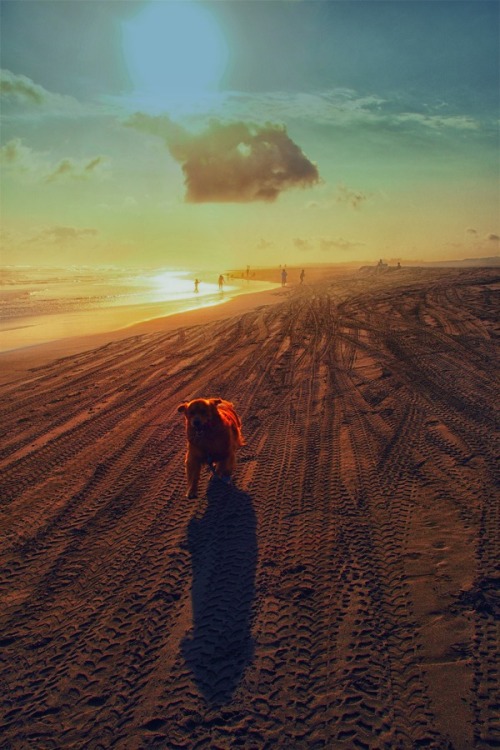
Going home by Pragu Dennaga (on 500px)
Photo

Photo

h4ilstorm: Hairpin turns [EXPLORE] (by borisss1982)

Hairpin turns [EXPLORE] (by borisss1982)
Photo

alseide-fiore: Chureito peace pagoda by Natasha Pnini

Chureito peace pagoda by Natasha Pnini
Photo

eqiunox: Happy Dolphin
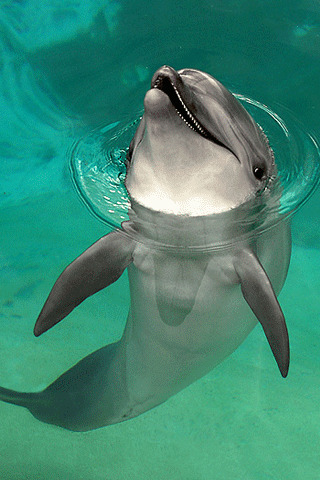
Happy Dolphin
Photo
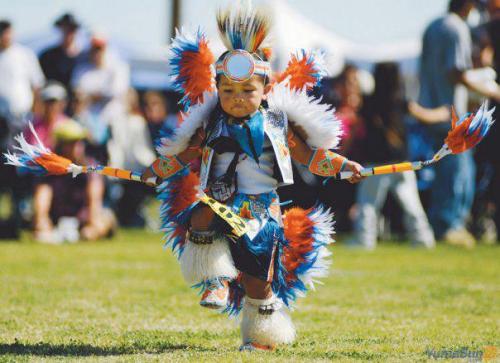
Burma: Revoke 'Two-Child Policy' For Rohingya
Burma: Revoke 'Two-Child Policy' For Rohingya:Burma's government should publicly revoke a discriminatory population control regulation that restricts Rohingya Muslims to having two children. Implementation of this policy is consistent with the wider persecution of the largely stateless Rohingya, violating international human rights protections, and endangering women's physical and mental health.
The discriminatory two-child rule has been enforced alongside regulations that require Rohingya couples seeking to marry to obtain permission from the authorities by paying hefty bribes. Couples often have to wait for extended periods, sometimes as long as two years, before receiving permission. Officials have also forced many women to undergo pregnancy tests as part of the marriage application process.
Photo

alseide-fiore: Glory by Kanji Uno (on 500px)

Glory by Kanji Uno (on 500px)
"Comparison is an act of violence against the self."
"Comparison is an act of violence against the self."- Iyanla Vanzant
unicef: Disability: Get Informed Protect Children Stigma,...
Disability: Get Informed Protect Children
Stigma, ignorance, neglect, superstition and communication barriers for children with disabilities are among the social factors that explain their discrimination and isolation from society. Disability is a social issue — it results from the interaction between people with "long-term physical, mental, intellectual or sensory impairments which, in interaction with various barriers, may hinder their full and effective participation in society on an equal basis with others" (Article 1, Convention on the Rights of Persons with Disability). It is not the impairment itself, but rather attitudes and environmental barriers that result in disability. Children with disabilities are often 'invisible' to service providers and they are at greater risk of violence than their non-disabled peers. Children with disabilities are often disproportionately placed in alternative care, rather than remaining with their families. These raise concerns for their protection.
UNICEF's strategy is to promote the recognition of all children as full members of society and the respect for all of their rights without any discrimination. We work with partners to promote the inclusion of children with disabilities into society by stimulating changes in attitudes and practices of the general public and service providers toward children with disabilities. Further, UNICEF works with governments to help ensure that family members of persons with disabilities, who are often the primary caretakers, and children with disabilities themselves, receive assistance from the State for disability-related expenses, adequate training, counselling, financial assistance and respite care. We also support efforts to ensure that all programmes, including recreational programmes, public services, facilities and relevant buildings are accessible.For more information, please visit: http://www.unicef.org/sowc2013/
Exactly what I been saying about this issue, which is hugely neglected.
unicef: UNICEF Photo of the Week - June 4, 2013A health centre...
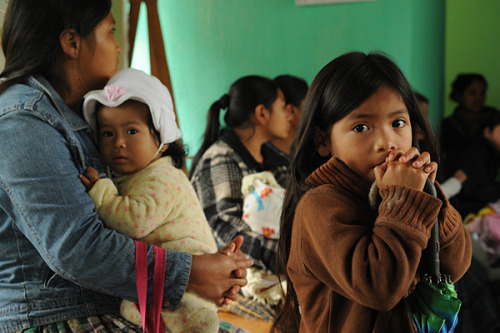
UNICEF Photo of the Week - June 4, 2013
A health centre in Cobán Municipality in Guatemala.Gains for children in Guatemala include comprehensive vaccination coverage and improvements in birth registration. But widespread poverty is linked to other threats – high rates of chronic malnutrition and violence and low national education levels among them. UNICEF is working with the Government to sustain achievements and address lingering challenges.
©UNICEF/Susan Markisz
To see more: http://www.unicef.org/photography
humanrightswatch: Villagers protest against an investigation...
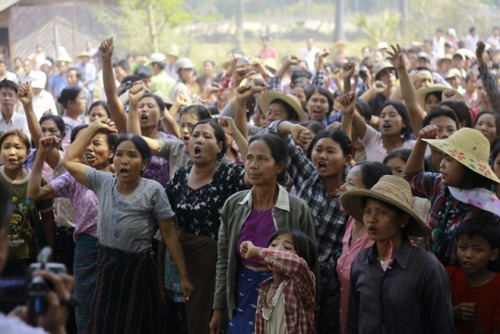
Villagers protest against an investigation commission's report on a copper mine project in Sarlingyi township on March 14, 2013.
© 2013 Reuters
humanrightswatch: Syria: A Stream of Bodies in Aleppo's...
Syria: A Stream of Bodies in Aleppo's River
humanrightswatch: A woman holds her child at a refugee camp...
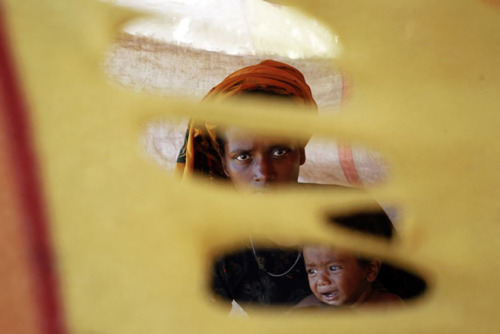
A woman holds her child at a refugee camp for Rohingya outside Sittwe on October 31, 2012.
© 2012 Reuters
Photo

Photo















No comments:
Post a Comment